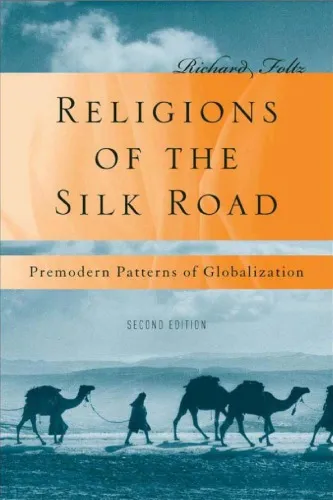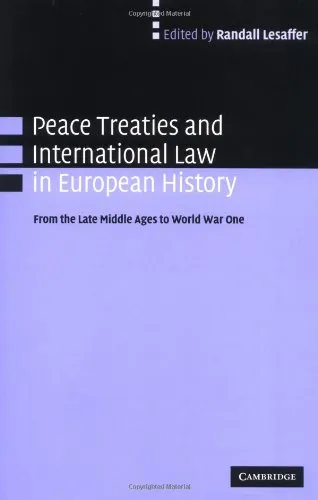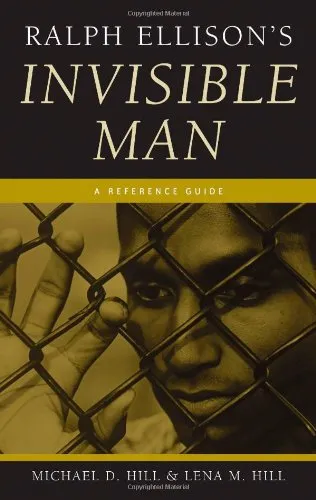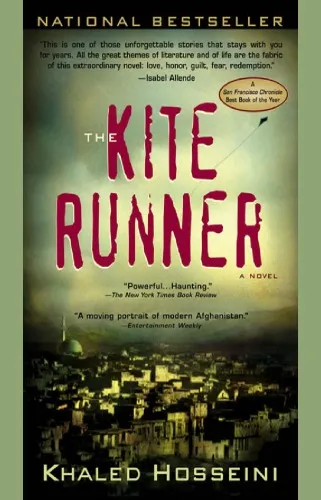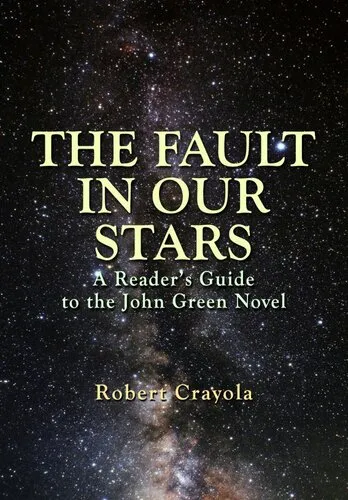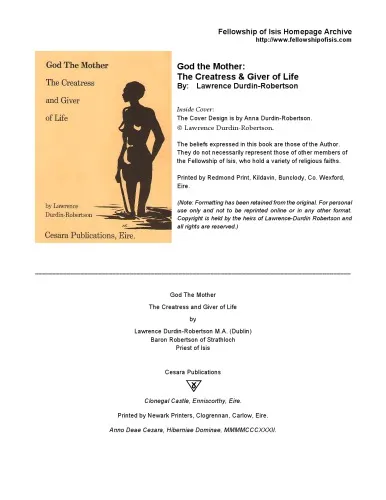Religions of the Silk Road: Premodern Patterns of Globalization
3.8
Reviews from our users

You Can Ask your questions from this book's AI after Login
Each download or ask from book AI costs 2 points. To earn more free points, please visit the Points Guide Page and complete some valuable actions.Related Refrences:
Welcome to an enriched journey through the historical tapestry of cultural and religious exchanges that occurred along the ancient trade routes known as the Silk Road. In "Religions of the Silk Road: Premodern Patterns of Globalization," Richard Foltz offers a comprehensive examination of the dynamic interaction and diffusion of religious ideas across Asia, effectively tracing the footprints of globalization before it became a modern concept.
Detailed Summary of the Book
The book intricately navigates through the vast and complex network of trade routes that connected the East and the West, highlighting the significant role these routes played in the dissemination of religions and the formation of cultural identities. Foltz delves into the spread of major religious traditions such as Zoroastrianism, Buddhism, Christianity, Manichaeism, and Islam, demonstrating how these belief systems were influenced by and in turn influenced the peoples and cultures they encountered along the Silk Road.
Beginning with the earliest trade exchanges, the book traverses through the evolution of these religious landscapes, analyzing how trade facilitated not just economic transactions but also the exchange of ideologies and spiritual knowledge. The narrative covers a period from antiquity to the pre-modern era, examining how religions adapted to new environments and interacted with local customs and beliefs to create the rich tapestry of spiritual diversity we see today.
Key Takeaways
- Religious diffusion along the Silk Road was driven by the movement of traders, missionaries, and pilgrims, who often traveled alongside merchants.
- The exchange of ideas along these routes contributed to a syncretism of beliefs, showcasing humanity's innate ability to adapt and integrate different worldviews.
- By viewing globalization through the lens of religion, we can gain new insights into cultural exchange and the transformational power of ideas over economic and political influences.
- Foltz emphasizes that the Silk Road was not merely a conduit for goods, but a thriving artery for cultural and religious vitality.
Famous Quotes from the Book
"The Silk Road was not a single path, but a myriad of intertwining routes with countless nodal points of convergence and divergence."
"In the ancient world, religion traveled alongside commerce, bringing with it new ideas and fostering a spirit of tolerance and coexistence."
Why This Book Matters
This book sheds light on an often-overlooked aspect of globalization, providing a historical context that enriches our understanding of current global interactions. Richard Foltz's interdisciplinary approach combines history, religious studies, and cultural analysis, making the book an invaluable resource for students, scholars, and anyone interested in the interconnectedness of human societies. By exploring the intricate network of the Silk Road, the book underscores the importance of cultural and religious dialogues that predate modern globalization, echoing the continuous human pursuit of shared knowledge and understanding.
In today's increasingly interconnected world, understanding the historical patterns of cultural exchange can offer crucial perspectives on contemporary issues of multiculturalism and religious pluralism. "Religions of the Silk Road" serves as an essential text for comprehending the roots of globalization and the timeless human quest for meaning across cultural boundaries.
Free Direct Download
You Can Download this book after Login
Accessing books through legal platforms and public libraries not only supports the rights of authors and publishers but also contributes to the sustainability of reading culture. Before downloading, please take a moment to consider these options.
Find this book on other platforms:
WorldCat helps you find books in libraries worldwide.
See ratings, reviews, and discussions on Goodreads.
Find and buy rare or used books on AbeBooks.
1309
بازدید3.8
امتیاز0
نظر98%
رضایتReviews:
3.8
Based on 0 users review
Questions & Answers
Ask questions about this book or help others by answering
No questions yet. Be the first to ask!
